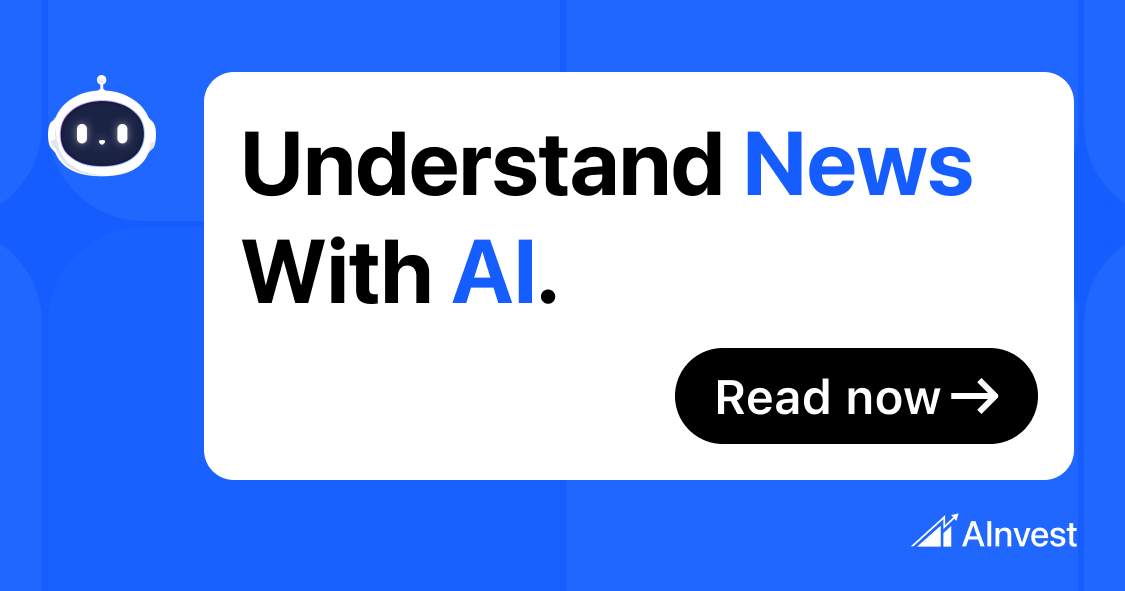
Apple’s AI Features Prioritize Privacy: On-Device Models and Private Cloud Compute
How did your country report this? Share your view in the comments.
Diverging Reports Breakdown
Apple’s AI Features Prioritize Privacy: On-Device Models and Private Cloud Compute
Apple’s recent advancements in AI, encapsulated in Apple Intelligence, have garnered significant attention for their innovative approach to privacy. On-device models require 8GB of unified memory and run requests locally, keeping personal information private. Apple has expanded on-device model capabilities with Apple Foundational Models, allowing developers to implement features without passing user data to third-party providers. While Apple faces increased competition in the AI sector, its strong financial performance and commitment to privacy continue to position it as a leader in the tech industry. In Q1 2025, Apple reported revenue of $95.4 billion, up 5% year-over-year, with services revenue reaching an all-time high of $26.6 billion, growing 12% compared to the prior year.
Apple’s recent advancements in AI, encapsulated in Apple Intelligence, have garnered significant attention for their innovative approach to privacy. By leveraging on-device models and private cloud compute, Apple ensures that user data remains secure and private, setting a new standard in the industry.On-device models, which require 8GB of unified memory, are integral to Apple Intelligence. These models run requests locally on supported devices, such as the iPhone 15 Pro and iPhone 16 models, keeping personal information within the device [1]. This approach significantly reduces the risk of data breaches, as no data is transmitted to external servers. Apple has also expanded the capabilities of on-device models with Apple Foundational Models, allowing developers to implement features without passing user data to third-party providers [1].For heavier requests, Apple utilizes private cloud compute, which is designed to keep user information private. The system is built to not retain any data and has been made available for independent researchers to verify Apple’s claims [1]. This cloud solution ensures that even when cloud compute is used, user data remains secure.Apple’s commitment to user privacy extends beyond its own systems. The company has a special deal with OpenAI to ensure that Apple user data is not retained by OpenAI and that user requests are not used in training data for future models [1]. Additionally, requests are never sent to ChatGPT without explicit user permission, further emphasizing Apple’s dedication to privacy.Apple’s focus on privacy has not gone unnoticed by competitors. Meta Platforms, for instance, has been aggressively recruiting top AI talent from Apple, including Ruoming Pang, Mark Lee, and Tom Gunter, to bolster its Superintelligence Labs team [2][3]. This hiring spree underscores the intense competition in the AI sector and the value that Apple’s AI talent brings to the market.Despite the loss of key AI talent, Apple continues to perform strongly financially. In Q1 2025, Apple reported revenue of $95.4 billion, up 5% year-over-year, with services revenue reaching an all-time high of $26.6 billion, growing 12% compared to the prior year [4].In conclusion, Apple’s AI features prioritize user privacy through on-device models and private cloud compute. This approach ensures that user data remains secure and private, setting a new standard in the industry. While Apple faces increased competition in the AI sector, its strong financial performance and commitment to privacy continue to position it as a leader in the tech industry.References:[1] https://9to5mac.com/2025/07/20/heres-how-apple-intelligence-keeps-privacy-in-mind-versus-the-competition/[2] https://www.ainvest.com/news/meta-hires-apple-engineers-boosts-ai-talent-war-big-paychecks-2507/[3] https://www.pymnts.com/meta/2025/meta-continues-ai-focus-by-adding-2-ex-apple-researchers/[4] https://thedesk.net/2025/07/netflix-q2-2025-earnings-report/
